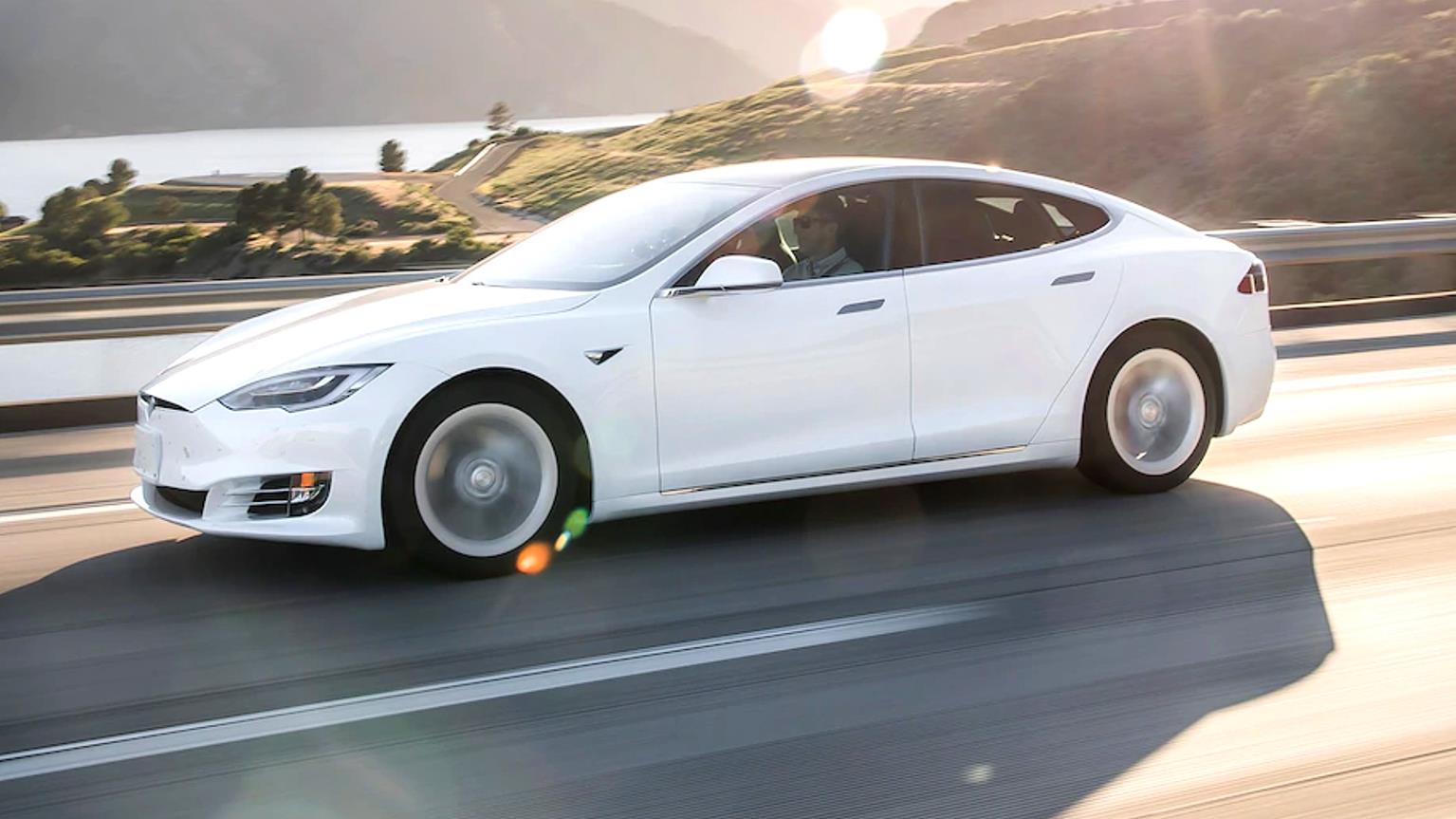The Future of Electric Cars

What Lies Ahead for the Future of Electric Cars
Electric vehicles are becoming increasingly popular each year, with predictions that they will soon take over the traditional petrol and diesel cars. This is due to several factors, such as technological advancements, increased awareness of the benefits of electric vehicles, and government incentives worldwide.
Recent data has suggested electric vehicle sales will make up 25% of the global car market within 10 years. This comes as no surprise, as there are several reasons why electric vehicles have been so successful and popular worldwide.
In this blog post, we will explore four future outcomes for the electric vehicle industry.
Why is the Electric Vehicle Industry Booming?
There are many reasons why the electric vehicle industry is booming.
Firstly, electric vehicles are much better for the environment than traditional petrol and diesel cars. They produce zero emissions, which means they don’t contribute to air pollution or climate change. Electric vehicles also have a smaller environmental footprint, as they don’t use fossil fuels.
Another reason electric vehicles are becoming more popular is that they’re cheaper to run than traditional petrol and diesel cars. Electric vehicles are powered by electricity, which is much cheaper than petrol or diesel. In addition, electric vehicles have fewer moving parts than traditional cars, so they require less maintenance.
Finally, electric vehicles are becoming more accessible to consumers around the world. Several different electric vehicle models are now available on the market, from small hatchbacks to large SUVs. In addition, there are many different charging options available so that owners can charge their vehicles at home or on the go.
Now that we’ve explored why electric vehicles are becoming more popular, let’s look at four future outcomes for the industry.
Supply Chain Difficulties
One of the challenges the electric vehicle industry will face in the future is a shortage of key components, such as batteries and motors. This is due to intensifying supply chain difficulties and a dwindling abundance of key resources such as cobalt, lithium, platinum or graphite.
In a more detailed view, according to The Assay, over 95% of the world’s limited supply of platinum is located in South Africa. This alarming lack of diversity for worldwide platinum reserves would offer instability for electric vehicles if South Africa experienced a halt or delay in resource production.
Consequently, as the world continues to experience extraordinary climate events alongside a dwindling supply of resources, we can expect to see some form of supply chain difficulty emerging for electric vehicle production.
Innovations in Battery Technology
Another future outcome for the electric vehicle industry is innovations in battery technology. This is because batteries are one of the most important components of electric vehicles. Newer, more efficient batteries will be needed to power the next generation of electric vehicles.
One example of innovation in battery technology is solid-state batteries. Solid-state batteries are a newer type of battery that has the potential to be much more efficient than traditional lithium-ion batteries. They’re also safer, as they don’t use liquid electrolytes.
These new batteries are reportedly able to last up to 800km on a single charge. This is a huge improvement from the current electric vehicle batteries, which can only last for around 200-300km on a single charge.
In addition, new battery technologies will also be needed to make electric vehicles more affordable. Currently, electric vehicles are much more expensive than traditional petrol and diesel cars. This is due, in part, to the high cost of batteries. However, new battery technologies could help to reduce the cost of electric vehicles in the future.
Increased Accessibility
Another future outcome for the electric vehicle industry is increased accessibility. This is because electric vehicles will become more affordable and more widely available in the future. As electric vehicles become more affordable, they will become accessible to a wider range of consumers.
In addition, as electric vehicle charging infrastructure becomes more widespread, electric vehicles will become more convenient to own and use. For example, NSW has committed additional funding for the construction of extra charging stations across the state in preparation for its 2030 target of 50% of new cars sold being electric vehicles.
Currently, electric vehicle charging infrastructure is still quite limited. However, this is changing rapidly, and in the future, it will be much easier to find a place to charge your electric vehicle.
New Competition
When Elon Musk and Tesla produced their first electric vehicle, he happily admitted that there would be intense competition in the future. And he was right. In recent years, we’ve seen a number of new competitors enter the electric vehicle market.
For example, Volkswagen, Audi, BMW, Mercedes-Benz, and Jaguar have all introduced new electric vehicles. These companies are all vying for a share of the growing electric vehicle market.
In addition, a number of new companies have been founded with the sole purpose of producing electric vehicles. These include Rivian, Lucid Motors, and Fisker. Even Apple has been working on an electric car!
This emerging new competition is pushing the innovation and accessibility of electric vehicles to new heights, offering endless possibilities for growth.
So, what does the future hold for the electric vehicle industry? We can expect to see some challenges. However, as electric vehicles are becoming more affordable, more accessible, and more convenient to own and use, you can expect to see much more diversity on your roads.
The burning question remains if current production can’t meet future demand, what does that mean for the future of EVs? Only time will tell!


